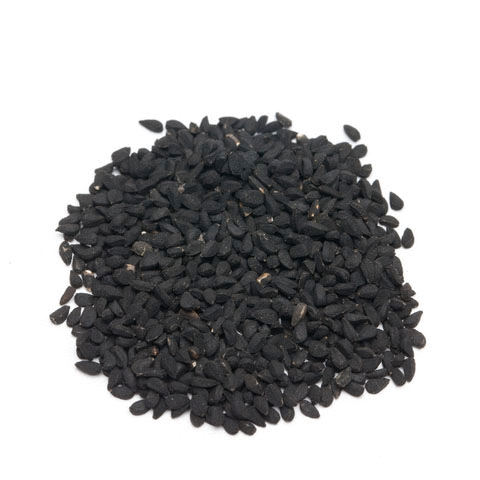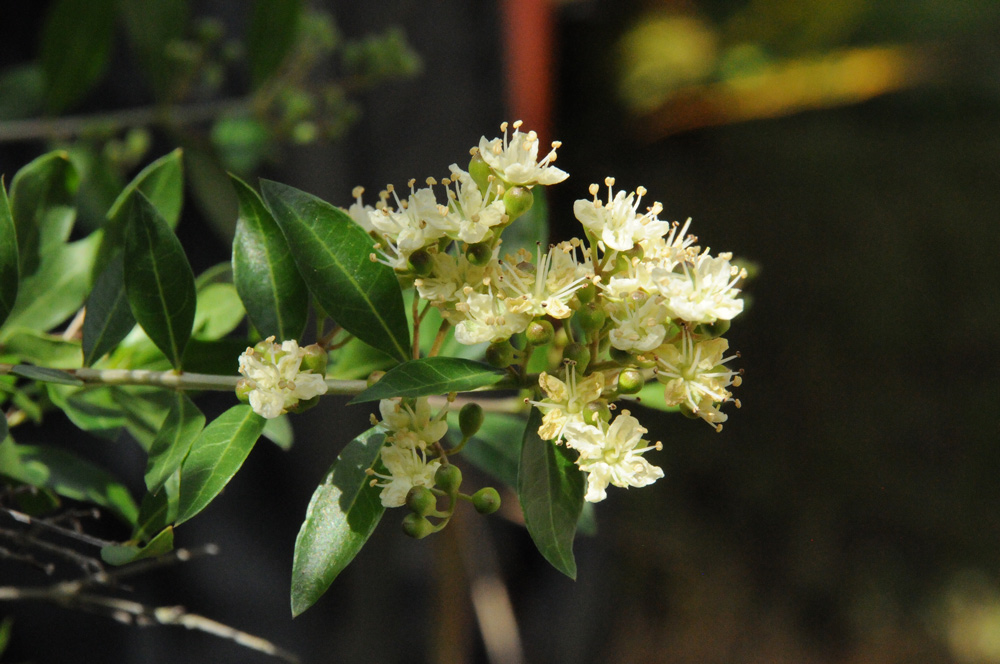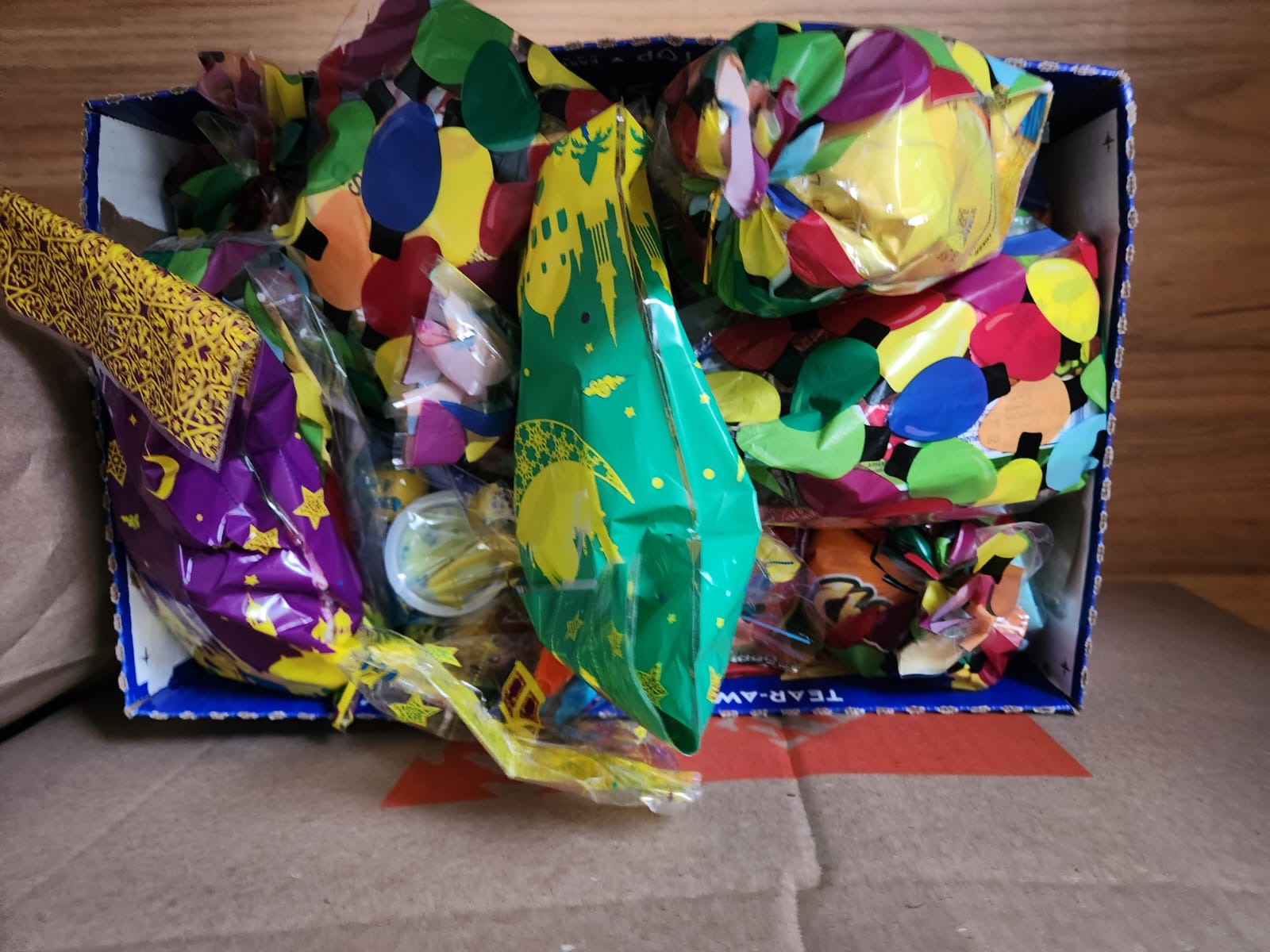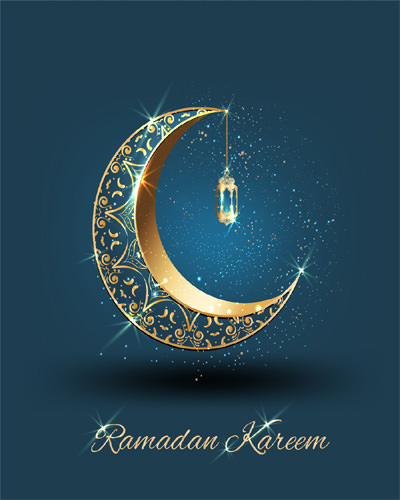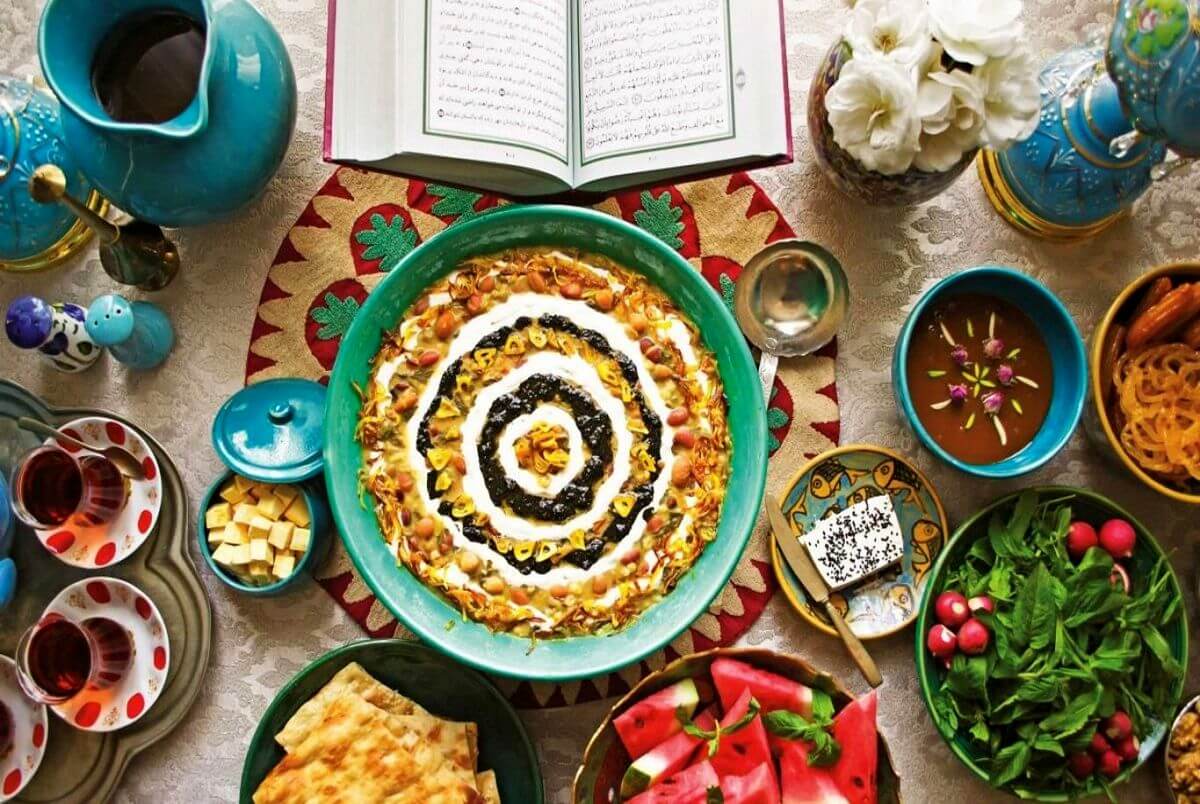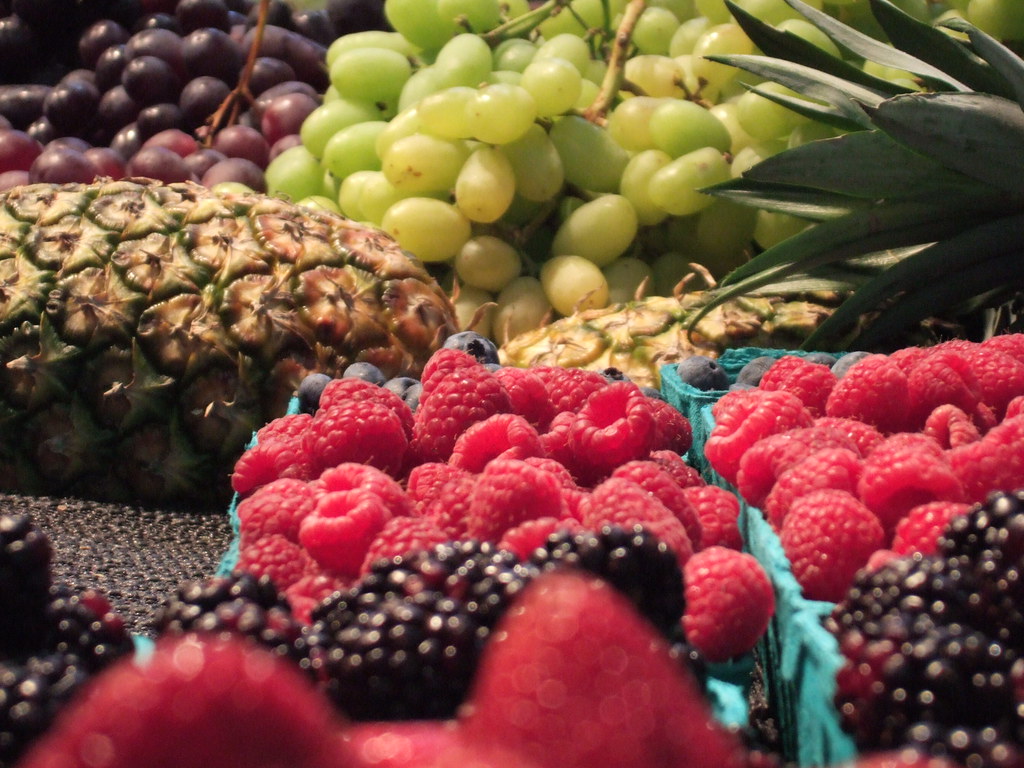- Ustadh Muhammad Sa'id Hunafa
- Natural Medicine
- Unani Tibb
- Read Time: 1 min
- Hits: 494
An excerpt from "Tibb un Nabawiyy"![]()
In the Sahihain, it is narrated that Abu Hurayrah Radhi Allahu Anh related from Prophet Muhammad Sall Allahu ‘alaihi wa Aalihi wa sallim that he said:
ثبت في الصحيحين: من حديث أبي سلمة، عن أبي هريرة ـ رضي الله عنه ـ أن رسول الله ـ صلى الله عليه وسلم ـ قال: (عليكم بهذه الحبة السوداء، فإن فيها شفاء من كل داء إلا السام). والسام: الموت
"Use the Black Seed, because it contains a cure for every type of ailment, except for death". [Tirmizi, Ahmad and Ibn Hibban].
The Black Seed (or Habbat Al-Barakah) is called Shuneiz in Persian, black cumin and Indian cumin. Al Harbi narrated that Al-Hasan said, "It is the mustard seed" while Al-Harawi said that it is the green seed which is the seed of the terebinth. These are not correct opinions, because Prophet Muhammad Sallallaho Alaihe Wasallam stated that it is the Black Seed, which is the Shuneiz as we have stated. The Black Seed has many benefits, as indicated by our beloved Prophet’s statement: "It is a cure for every type of disease". This statement is just like what Allah said:
تدمر كل شيء بأمر ربه
"Destroying everything by the Command of its Lord". (46:25)
It means destroys everything that is prone to destruction.
The Black Seed helps against all types of cold ailments. It helps to introduce the effective ingredients of cold medications to the areas affected by hot and dry ailments, as it helps the body absorb the medicine quickly when taken in small dosages.
The author of Qanoon (Ibn-e-Seena) and other people stated that saffron blended with camphor has similar effects, because saffron helps the camphor reach the affected area quickly. There are several types of plants that have similar effects as saffron. It is possible that the hot substance benefits in cases of hot diseases. For instance, the Anzarut (a plant similar to Frankincense), which is a type of eyeliner, is mixed with other remedies for Ophthalmia, conjunctivitis, and so forth. Ophthalmia is a hot tumor as the doctors agree. In addition, sulfur is a remedy for hot mange.
Shuneiz is hot and dry in the third degree, eliminates flatulence, extracts the helminthes (worms), relieves leprosy and phlegmatic fevers, opens clogs, and decomposes accumulating gas and excess moisture in the stomach. When the Shuneiz is ground, blended with honey and drunk with some warm water, it will dissolve the stones that appear in the kidney and the prostate, and it is also a diuretic. It increases the flow during menstruation and the production of milk if it is drunk for several days. When it is heated with vinegar and placed on the stomach, it will eliminate helminthes (worms). When it is blended with wet or cooked colocynth water, it is more effective in removing helminthes (worms). It also clears up, decomposes and relieves cold symptoms when it is ground in a rag and inhaled through the nose on a regular basis until the ailment is cured.
Black seed oil helps against ALOPECIA, hemorrhoids and spots. When around five grams (roughly a teaspoon) of it is drunk with water, it will help against gasping and hard breathing. When the black seeds are cooked in vinegar and then one rinses his mouth with them, they will relieve toothache resulting from sensitivity to cold. When one inhales powdered black seed; it will help against water that accumulates in the eye. When it is used in a bandage while blended with vinegar, it heals spots and exposed skin ulcers and decomposes the acute mucus tumors and the hard tumors.
The oil of Black Seed helps against facial paralysis when used as nasal drops (2 ~ 3 drops in each nostril). When one drinks around five grams (roughly a teaspoon) of its oil, it helps against spider bite. When it is ground finely and blended with the oil of green Seed and used as ear drops, only up to three drops, it helps against cold symptoms, flatulence and various clogs. When the Black Seed is fried and finely ground, soaked in oil and then drops are administered in the nose, it will help against cold conditions accompanied by intensive sneezing.
When the Black Seed is burned and mixed with melted wax along with Henna or Iris oil, it helps remove the ulcers that appear on the skin of the legs, after washing the skin with vinegar. When the Black Seeds are crushed in vinegar and laid on leprous skin, the skin affected by black pigmentation and on the head that is affected by dandruff, it helps relieve these ailments. When the Black Seeds are ground finely and one swallows a teaspoon of it each day with cold water, it instantly helps against the bite of rabid dogs, and might prevent death as a result of hydrophobia. When one administers the oil of Black seed in the nose (2 ~ 3 drops in each nostril), it will help against Faalij (CVA) and Tetanus (Tashannuj) by eliminating their causes. Finally, when the Black seeds are burnt, they help repulse the venomous beasts.
When Persian Kohl is dissolved in water and then placed on the interior of rectum and then the Black seeds are sprinkled on it, it acts like an effective remover of hemorrhoids. There are many other benefits for the Shuneiz. We should state that the dose should be around five grams (roughly a teaspoon), as some people claim that using excessive dosages of it might cause death.
Please visit the Amazing Herbs website for all of your Black Seed related needs. The promotion and use of Black Seed based products in the United State was pioneered over 3 decades ago by Shaykh Ashraf Gohar Goreja Rahmatullahi 'alaihi and his family. Shaykh Goreja and family were the founders of the original Al Furqan Academy.
حبة السوداء : ثبت في الصحيحين: من حديث أبي سلمة، عن أبي هريرة ـ رضي الله عنه ـ أن رسول الله ـ صلى الله عليه وسلم ـ قال: (عليكم بهذه الحبة السوداء، فإن فيها شفاء من كل داء إلا السام). والسام: الموت. الحبة السوداء: هي الشونيز في لغة الفرس، وهي الكمون الأسود، وتسمى الكمون الهندي، قال الحربي، عن الحسن: إنها الخردل، وحكى الهروي: أنها الحبة الخضراء ثمرة البطم، وكلاهما وهم، والصواب: أنها لشونيز. وهي كثيرة المنافع جدًا، وقوله: (شفاء من كل داء)، مثل قوله تعالى: {تدمر كل شيء بأمر ربها} [الأحقاف: 25]. أي: كل شيء يقبل التدمير ونظائره، وهي نافعة من جميع الأمراض الباردة، وتدخل في الأمراض الحارة اليابسة بالعرض، فتوصل قوى الأدوية الباردة الرطبة إليها بسرعة تنفيذها إذا أخذ يسيرها.
وقد نص صاحب القانون وغيره، على الزعفران في قرص الكافور لسرعة تنفيذه وإيصاله قوته، وله نظائر يعرفها حذاق الصناعة، ولا تستبعد منفعة الحار في أمراض حارة بالخاصية، فإنك تجد ذلك في أدوية كثيرة، منها: الأنزروت وما يركب معه من أدوية الرمد، كالسكر وغيره من المفردات الحارة، والرمد ورم حار باتفاق الأطباء، وكذلك نفع الكبريت الحار جدًا من الجرب. والشونيز حار يابس في الثالثة، مذهب للنفخ، مخرح لحب القرع، نافع من البرص وحمى الربع: والبلغمية مفتح للسدد، ومحلل للرياح، مجفف لبلة المعدة ورطوبتها. وإن دق وعجن بالعسل، وشرب بالماء الحار، أذاب الحصاة التي تكون في الكليتين والمثانة، ويدر البول والحيض واللبن إذا أديم شربه أيامًا، وان سخن بالخل، وطلي على البطن، قتل حب القرع، فإن عجن بماء الحنظل الرطب، أو المطبوخ، كان فعله في إخراج الدود أقوى، ويجلو ويقطع، ويحلل، ويشفي من الزكام البارد إذا دق وصير في خرقة، واشتم دائمًا، أذهبه. ودهنه نافع لداء الحية، ومن الثآليل والخيلان، وإذا شرب منه مثقال بماء، نفعع من البهر وضيق النفس، والضماد به ينفع من الصداع البارد، واذا نقع منه سبع حبات عددًا في لبن امرأة، وسعط به صاحب اليرقان، نفعه نفعًا بليغًا. وإذا طبخ بخل، وتمضمض به، نفع من وجع الأسنان عن برد، وإذا استعط به مسحوقًا، نفع من ابتداء الماء العارض في العين، وإن ضمد به مع الخل، قلع البثور والجرب المتقرح، وحلل الأورام البلغمية المزمنة، والأورام الصلبة، وينفع من اللقوة إذا تسعط بدهنه، وإذا شرب منه مقدار نصف مثقال إلى مثقال، نفع من لسع الرتيلاء، وإن سحق ناعمًا وخلط بدهن الحبة الخضراء، وقطر منه في الأذن ثلاث قطرات، نفع من البرد العارض فيها والريح والسدد.
وإن قلي، ثم دق ناعمًا، ثم نقع في زيت، وقطر في الأنف ثلاث قطرات أو أربع، نفع من الزكام العارض معه عطاس كثير. وإذا أحرق وخلط بشمع مذاب بدهن السوسن، أو دهن الحناء، وطلي به القروح الخارجة من الساقين بعد غسلها بالخل، نفعها وأزال القروح. وإذا سحق بخل، وطلي به البرص والبهق الأسود، والحزاز الغليظ، نفعها وأبرأها. وإذا سحق ناعمًا، واستف منه كل يوم درهمين بماء بارد من عضه كلب كلب قبل أن يفرغ من الماء، نفعه نفعًا بليغًا، وأمن على نفسه من الهلاك. وإذا استعط بدهنه، نفع من الفالج والكزاز، وقطع موادهما، وإذا دخن به، طرد الهوام. وإذا أذيب الأنزروت بماء، ولطخ على داخل الحلقة، ثم ذر عليها الشونيز، كان من الذرورات الجيدة العجيبة النفع من البواسير، ومنافعه أضعاف ما ذكرنا، والشربة منه درهمان، وزعم قوم أن الإكثار منه قاتل.

